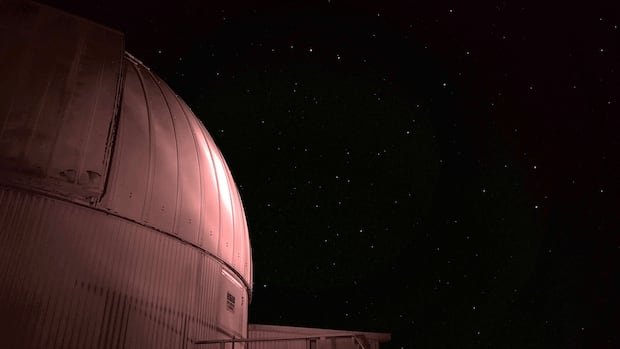In a recent report commissioned by Canada’s top scientist, it is suggested that Canada should establish a transparent, public-facing agency dedicated to handling reports of mysterious sightings in the sky. The Sky Canada Project report, released this week, advocates for a federal framework to manage UFO sightings by the public and pilots, replacing the current scattered protocols across departments that impede scientific investigation.
The report, which consulted Winnipeg-based science writer Chris Rutkowski, director of the long-standing Canadian UFO Survey, highlights the need for more information on unusual occurrences in the skies. Initiated in 2022 by the office of Canada’s chief science adviser, Mona Nemer, the Sky Canada Project aimed to understand the challenges in collecting data on Unidentified Aerial Phenomena (UAP) and reviewed how other countries handle such issues.
The report emphasizes that Canada’s disjointed UAP reporting procedures hinder scientific analysis and stresses the necessity for an enhanced process to report, collect, and study UAP sightings. Previously, Canada had a centralized UAP office managed by the National Research Council until 1995. Responsibilities were then dispersed to various agencies like the Canadian Space Agency, Transport Canada, NavCanada, and Rutkowski, who has compiled extensive records of UAP reports since the 1940s.
Although most UAP sightings can be attributed to commonplace phenomena like planes, weather balloons, or drones, the Sky Canada report acknowledges that some cases remain unexplained post-investigation. It dispels the notion of definitive proof of extraterrestrial life visiting Earth, despite the ongoing cultural intrigue around UAPs.
The report also emphasizes the importance of transparency to combat misinformation and disinformation surrounding UAPs, advocating for proactive disclosure of case details to build public trust. Recommendations include assigning the Canadian Space Agency or a post-secondary institution to manage public UAP data.
While the Sky Canada Project does not aim to confirm extraterrestrial existence, it references initiatives like Harvard’s Galileo Project led by astrophysicist Avi Loeb, which could facilitate a more scientifically rigorous analysis of UAP. Loeb’s project utilizes advanced observatories equipped with sensors and machine learning to investigate UAP sightings within American airspace.
Rutkowski appreciates the report’s focus on encouraging pilots to report sightings and promoting scientific exploration in a field that has historically faced stigma. Despite the ongoing mystery surrounding UAPs, the report signals a positive shift towards greater transparency and understanding in Canada’s approach to these phenomena.


